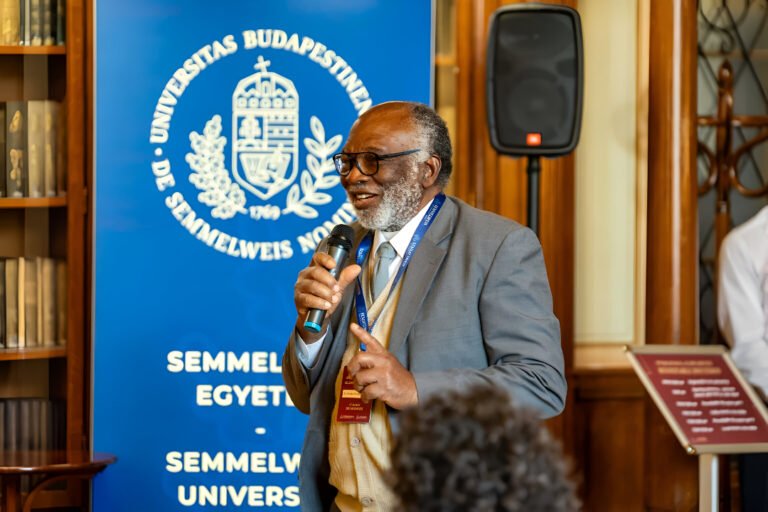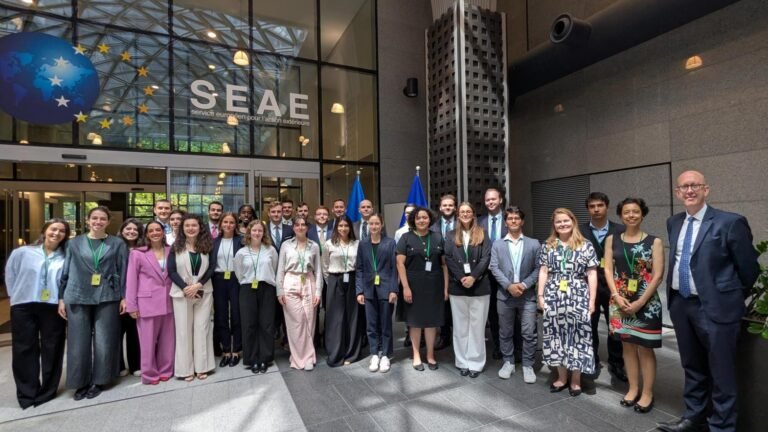
Graz, Austria – Dental student Laurissa Katharina Fee Skorianz from the Medical University of Graz has won the WKO (Austrian Economic Chamber) special prize for best young research work of the year. She was recognised for her diploma thesis on “Abrasion Resistance of Amalgam Alternatives with Special Consideration of Bulk-Fill Composites”, a study that tackles one of dentistry’s most pressing challenges: finding effective mercury-free filling materials.
Alongside the special award, Skorianz also secured one of 22 WKO Styria research scholarships for her project. Her work comes as the European Union’s 2025 ban on dental amalgam drives a major shift towards safer and more sustainable alternatives.
A turning point for dentistry
Dental amalgam, used for over 150 years, once dominated restorative dentistry due to its durability and low cost. But its mercury content has raised mounting health and environmental concerns, prompting tighter restrictions and, ultimately, a full EU ban this year.
Skorianz’s study compared eight mercury-free materials, including bulk-fill composites, conventional composites, glass-fibre-reinforced composites and alkasites. Bulk-fill composites – modern filling materials known for efficient application – were a particular focus.
“The idea stemmed from early debates over a possible amalgam ban,” Skorianz said. “By the time the ban came into force in early 2025, the relevance of the project became even clearer.”
Findings with real-world impact
The research revealed measurable differences in abrasion resistance between materials that could directly influence treatment durability.
“Even minor differences in wear translate to major effects over time,” said Alexander Behlau, Skorianz’s supervisor. “This kind of work has immediate, practical benefits for patient care.”
A wider significance
Julia Marotti Großhausen, Head of Operative Dentistry at Med Uni Graz, praised the research as “a prime example of how topical questions, academic rigour and mentorship can drive high-impact student science.”
The findings are expected to inform future standards in mercury-free dentistry, with Med Uni Graz positioning itself at the forefront of this shift.
As Skorianz herself puts it, her work is not just academic:
“This is about shaping safer, more sustainable dental care for the next generation of patients.”
Source: Medical University of Graz






